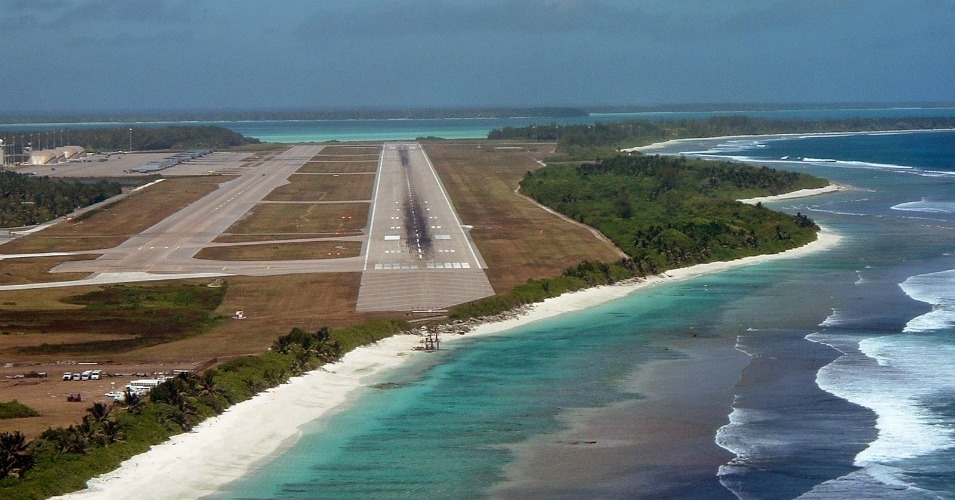The UK government has confirmed that it will not finalize the deal to return the Chagos Islands to Mauritius until the incoming Trump administration has had the opportunity to review the strategic implications for the joint military base on Diego Garcia.
This decision, confirmed by Downing Street, underscores the critical role the US plays in the future of this key Indian Ocean territory.
Concerns have been raised by allies of US President-elect Donald Trump regarding the potential impact of the handover on the Diego Garcia base, which is seen as strategically vital. The fear is that the move could inadvertently strengthen Chinese influence in the region, an issue that is particularly sensitive given the ongoing geopolitical tensions.
Ministers had initially aimed to conclude the agreement with Mauritius before Trump’s inauguration next Monday.
“We will only agree to a deal that is in the UK’s best interests and protect our national security. It is obviously now right that the new US administration has the chance to consider this and discuss this once they are in office … It’s perfectly reasonable for the new US administration to have a chance to consider the detail.”
Keir Starmer’s spokesperson
Mauritius Seeks Further Concessions
Reports have emerged that the Mauritian government, eager to secure a favorable outcome, is pushing for additional concessions. Instead of finalizing the deal, Mauritius has dispatched a delegation back to London for continued negotiations.
Despite the delay, Downing Street dismissed suggestions that the Trump administration would wield a “veto” over the agreement. This came after Mauritius reportedly convened a special cabinet meeting to deliberate on the latest proposals.
The UK’s plan involves transferring sovereignty over its final African colony to Mauritius while maintaining a lease on the Diego Garcia base. The base, which is utilized by the US, would reportedly cost £90 million annually for a 99-year lease. UK officials argue that international court rulings supporting Mauritian sovereignty necessitate a treaty to secure the base’s continued operation.
The Labour government, led by Starmer, initially reached an agreement with Mauritius. However, changes in both the Mauritian administration and the US presidency have complicated the progress. The negotiations, which began under the Conservatives, are now subject to increased scrutiny and political maneuvering.
Marco Rubio, Trump’s nominee for secretary of state, and Mike Waltz, the incoming national security adviser, have expressed skepticism about the deal and are closely monitoring the situation. In contrast, President Joe Biden was known to support the agreement.
During a heated debate in the House of Commons, Starmer defended the deal, highlighting the necessity of securing the long-term operation of the military base amidst legal challenges.
“The negotiations were started under the last government. The then foreign secretary came to this house to say why he was starting negotiations and what he wanted to achieve. He said the aim was to ‘ensure the continued effective operation of the base.’ That is precisely what this deal has delivered.”
Keir Starmer

Conservative leader Kemi Badenoch accused the prime minister of “negotiating a secret deal to surrender British territory,” arguing that taxpayers would ultimately bear the cost of what she termed a humiliation.
Badenoch’s spokesperson clarified the Conservative stance, asserting that while initiating the negotiations was necessary, the current status of the talks under Labour was inadequate.
“Starting the negotiations is not the error, it is the current status of the negotiations. She knew when to walk away from a bad deal, and clearly what Labour are currently negotiating is a bad deal. There is an ongoing issue, which is why the previous government started the talks, but the current deal is not fit for purpose.”
Kemi Badenoch’s spokesperson
As the Trump administration prepares to take office, the future of the Chagos Islands and the Diego Garcia base remains uncertain, with significant international and domestic implications hanging in the balance.




















